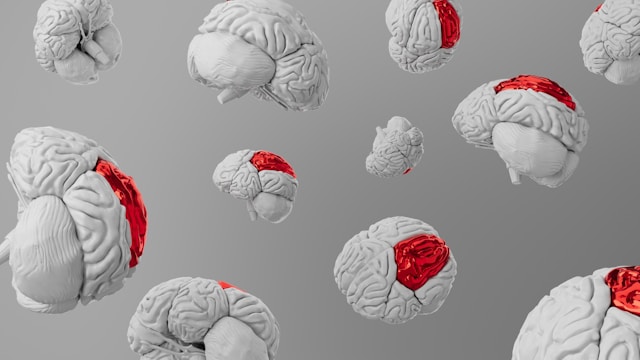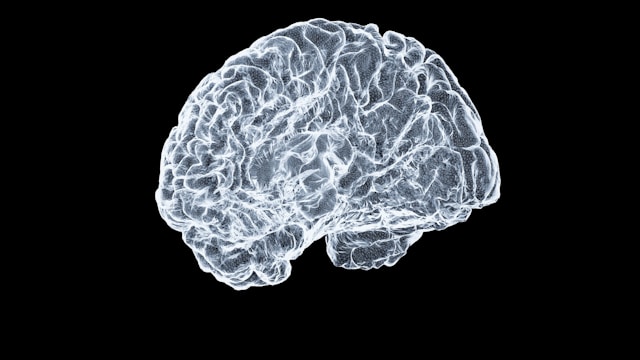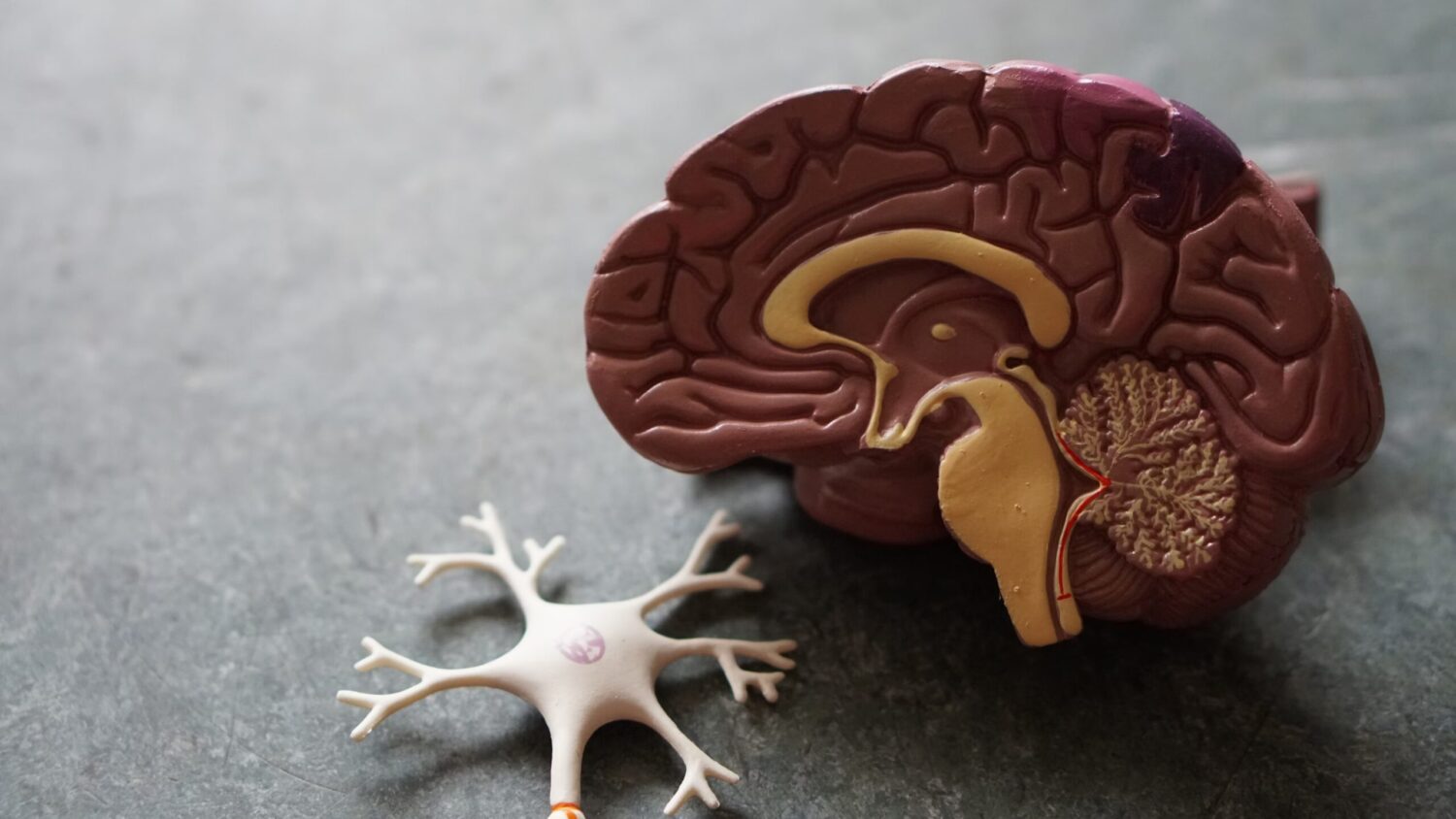Authors:
D.M. Plotnikov 1 , M.N. Stegmeier 1 , O.I. Aliyev 2
1 Department of Neurology and Neurosurgery of the Federal State Budgetary Institution “Siberian State Medical University” of the Ministry of Health of Russia, Tomsk, Russia;
2 research institute pharmacology and regenerative therapy named after E.D. Goldberg Tomsk Nimets of the Russian Academy of Sciences, Tomsk, Russia
Place of publication:
SPECIAL ISSUE OF THE S.S. KORSAKOV JOURNAL OF NEUROLOGY AND PSYCHIATRY STROKE No. 3.2/2019
Abstract:
Objective. To study the dynamics of blood rheological properties in patients with acute ischemic stroke (IS) when including Mexidol in combination therapy. Material and methods. Sixty patients with acute IS were examined. Thirty-two patients received Mexidol (500 mg/day intravenously for 20 days), 28 patients received magnesium sulfate (2000 mg/day intravenously for 20 days). The control group included 20 patients without a history of cardiovascular pathology. Blood rheological parameters (whole blood viscosity, plasma viscosity, hematocrit, erythrocyte aggregation and deformability, plasma fibrinogen level) were assessed in patients three times: within the first 12 hours, on days 3-5 and on days 18-20 after hospitalization. Results. All patients with stroke had hyperviscosity syndrome. A statistically significant decrease in blood viscosity was found in patients receiving Mexidol by days 3-5 of the disease at low shear rates and by days 18-20 at shear rates of 3-100 s–1. By days 18-20 of the disease, reliable differences in hematocrit (p=0.026) and fibrinogen content (p=0.017) were found in the groups of patients receiving different therapy. A reliable increase in the erythrocyte deformability index was recorded in patients receiving Mexidol therapy by days 3-5 at shear rates of 90 and 890 s–1, and by days 18-20 at shear rates of 90-360 s–1. Conclusion. This study demonstrated the effect of Mexidol on blood fluidity during acute cerebral ischemia and demonstrated its effectiveness in reducing blood viscosity by lowering hematocrit and fibrinogen levels and improving red blood cell deformability. Key words: acute ischemic stroke, blood rheology, blood viscosity, red blood cell deformability, Mexidol (2-ethyl-6-methyl-3-hydroxypyridine succinate), treatment of cerebral ischemia.









